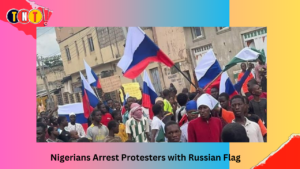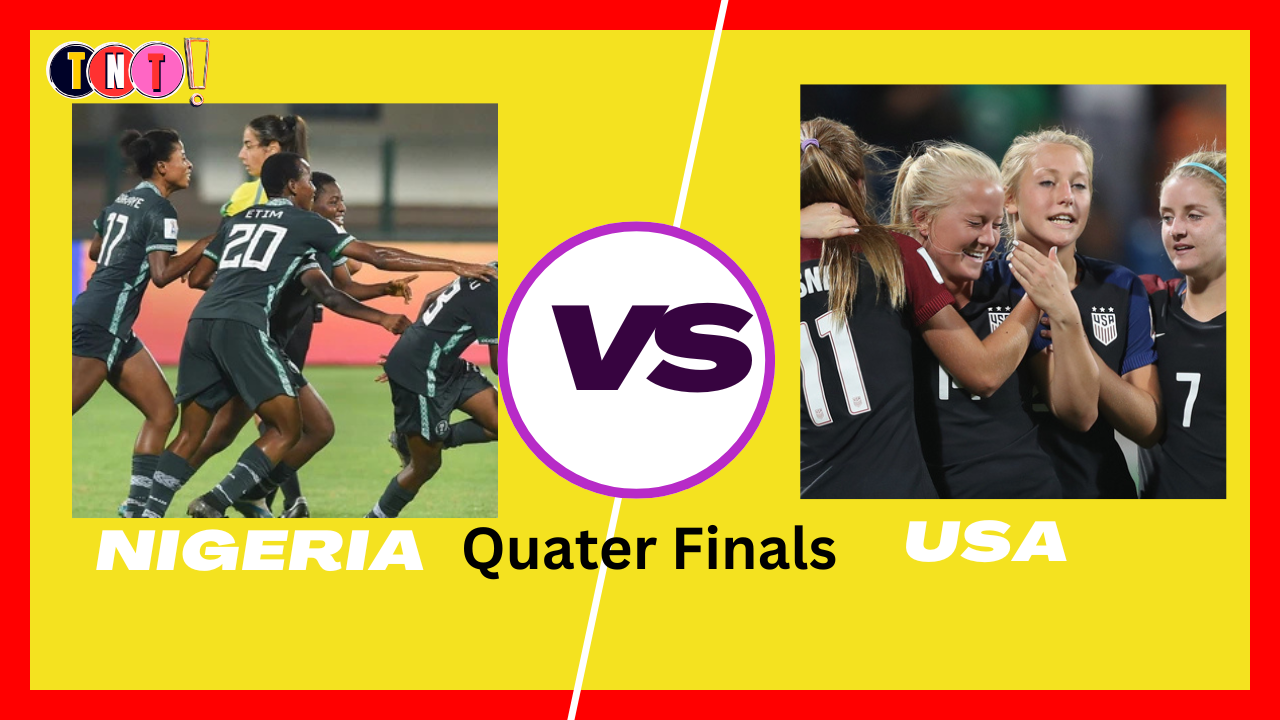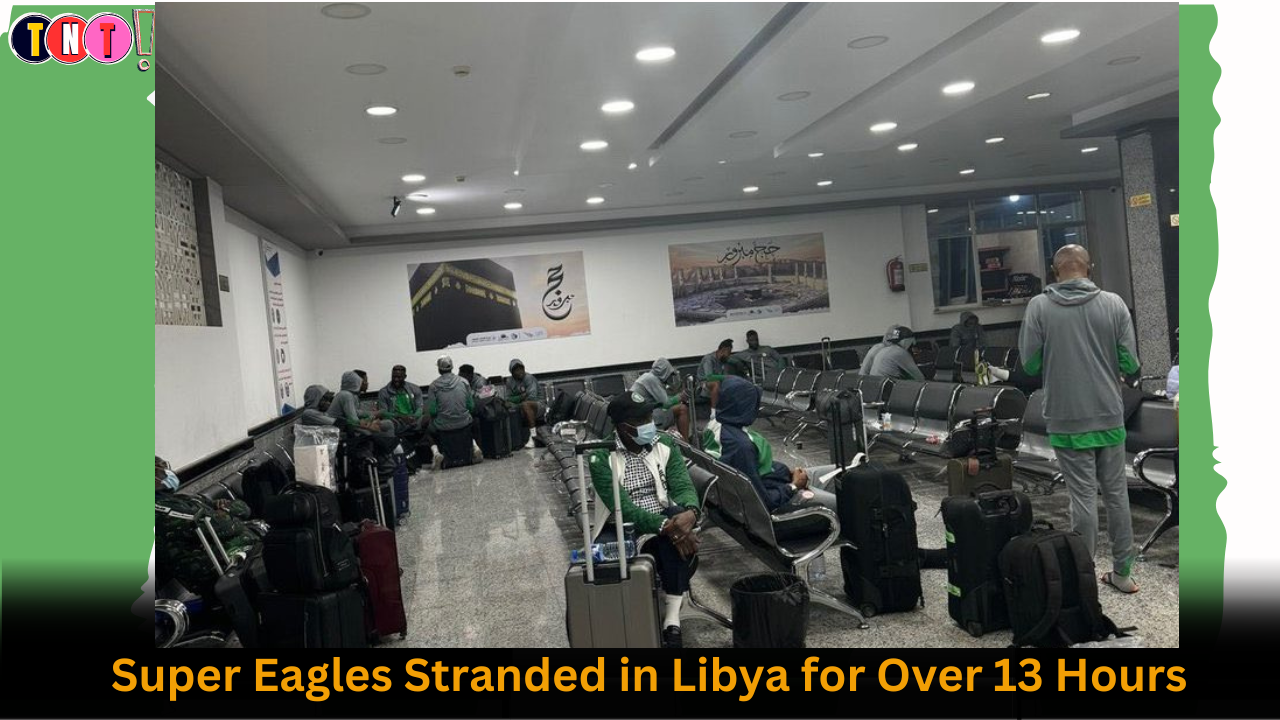On Tuesday, Nigerian police announced the detention of over ninety protestors flying Russian flags during economic hardship protests. Last week, thousands protested against high living costs and government policies in Nigeria. The country is experiencing its worst economic crisis in a generation.

Nigeria arrests protesters with Russian Flags
Ongoing Demonstrations
Following conflicts with security personnel, the rallies diminished in most areas. However, on Monday, hundreds still protested in northern states like Kaduna, Katsina, and Kano, and in central Plateau state. The Russian embassy distanced itself from the protests, though AFP journalists and witnesses saw some protestors with Russian flags.
Regional Connections
Northern Nigeria has strong cultural, religious, and social links with the Sahel region. This region has seen several coups and military leaders shifting alliances from Western allies to Russia. Russian flags have appeared in protests in Niger, Mali, and Burkina Faso, causing a strong reaction from Nigerian authorities.
Official Responses
“We have more than 90 of them arrested with the Russian flags,” said police spokeswoman Olumuyiwa Adejobi.
On Tuesday, security chiefs from the police and military held a rare joint briefing. They claimed—without providing evidence—that anonymous “sponsors” were attempting to overthrow the government.
“The sponsors of these protests, some of them, have a clear motive to subvert the government of the day. We are not going to allow that; we will defend our democracy,” said police chief Kayode Egbetokun. “We have to arrest those carrying flags to get to the sponsors,” he added, alleging that some sponsors were “outside the country.”
General Christopher Musa, the chief of defense, said on Monday that anyone encouraging people to fly Russian flags in Nigeria is “crossing the red line, and we will not accept that.”
Opposition and Denial
Damilare Adenola, head of the Take It Back organization, which organizes demonstrations in Abuja, dismissed the accusations as “mere distraction.” He said the allegations were being used as “justification to crack down on demonstrators” by the government.
The Russian embassy in Nigeria denied involvement, stating, “The Government of the Russian Federation as well as any Russian officials are not involved in these activities and do not coordinate them in any way.”
Casualties and Continuing Protests
While police claim seven people have died without accepting responsibility, rights group Amnesty International accused security forces of killing at least thirteen protestors on Thursday, the first day of the demonstrations.
President Bola Ahmed Tinubu called for an end to the protests in a Sunday television speech. Despite this, protest organizers have vowed to continue, even with reduced turnout. In a statement on its website on Monday, the Russian embassy in Nigeria reiterated its denial of involvement.



